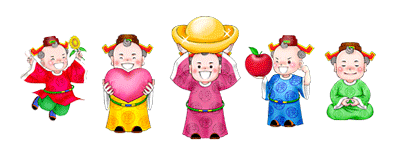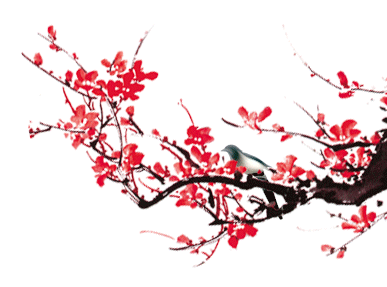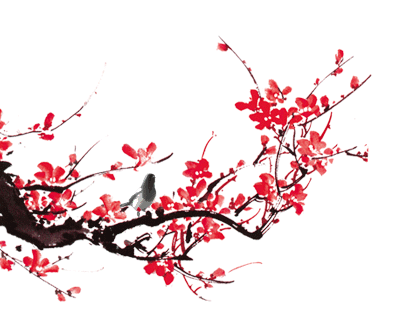The Turning Point in the Life of a Hearing-Impaired Person
Yung-Chun Lin 2005-05-11

However, because I was intelligent enough, and because I could stay focused and study on my own as most hearing-impaired people can, I was able to overcome many obstacles and pass countless exams to get admitted to the Department of Aerospace Engineering at Tamkang University in Taipei. After four more years of hard work and study, I graduated with honors and found a research job at the Chung-Shan Institute of Science Technology. However, I remained introverted and had few friends. I was also too shy to make friends with women. My parents would often arrange blind dates for me, among which I met my wife. And my life changed afterwards.
One day when I was immersed in my promotion thesis, my wife said that her colleague was going to take her to Tai Ji Men to practice qigong. I immediately agreed, thinking that her being away would allow me to concentrate on my work. After practicing Tai Ji Men Qigong for a period of time, my wife truly experienced its effectiveness, and because of her recommendation, my two sons and I also became Tai Ji Men dizi at the same time and started our practice. Strangely enough, I was able to think more clearly and my thesis writing process went more smoothly after practicing qigong. The second part of my thesis was completed in 20 days, while the first part took me over four months. Tai Ji Men Qigong also alleviated my back pain due to long hours of sitting, reading, and writing, my knee pain from a sports injury, my indigestion problem, and my chest pain resulting from a car accident. I originally thought that all the pain would accompany me for the rest of my life. Even though it was not life-threatening, it was very irritating.
The greatest change, however, was not in the physical body, but in the heart. The care which I received from Shifu and other Tai Ji Men dizi deeply touched my heart, which had been "locked up." Because other Tai Ji Men dizi would often share their experiences with me, I was inspired to share my thoughts with them too. When I couldn't hear them, I would ask them to repeat what they had said. When I misheard them or mispronounced words, they would smile and encourage me, rather than mock me. Their care, encouragement, and sincerity enabled me to express myself comfortably without feeling humiliated or embarrassed. In addition, I learned important life wisdom from Shifu's teaching and put it into practice in my daily life. For instance, I learned to live each day in a happy mood because "I can either choose to be happy or be miserable." Because "there is no such thing as a free lunch," I understand that I have to work hard in order to enjoy the fruits of my labor. Others include "let bygones be bygones," "to give is to gain," "keep improving oneself," and so forth. These words are frequently heard, but there are few who strive to put them into practice. In seeing Shifu and other Tai Ji Men dizi practicing these principles, I was inspired to do the same. Whenever I accomplish what I set out to do, I feel happy and less selfish. If I fail to achieve my goal, other Tai Ji Men dizi will keep encouraging me, and I will try harder the next time.
Like many people, I fell in love, got married, became a father, and worked, sometimes overtime. After work, I would stay home looking after my kids and watch TV. I used to lead an ordinary life without any specific goal in mind. I didn't think much about the meaning of life and didn't feel there was anything more to life. I would have continued living this way if it weren't for Shifu. I am thankful for my wife's tireless efforts in recommending me to practice Tai Ji Men Qigong. I am especially grateful to Shifu, Dr. Hong Tao Tze, for opening the gate which changed my life.



